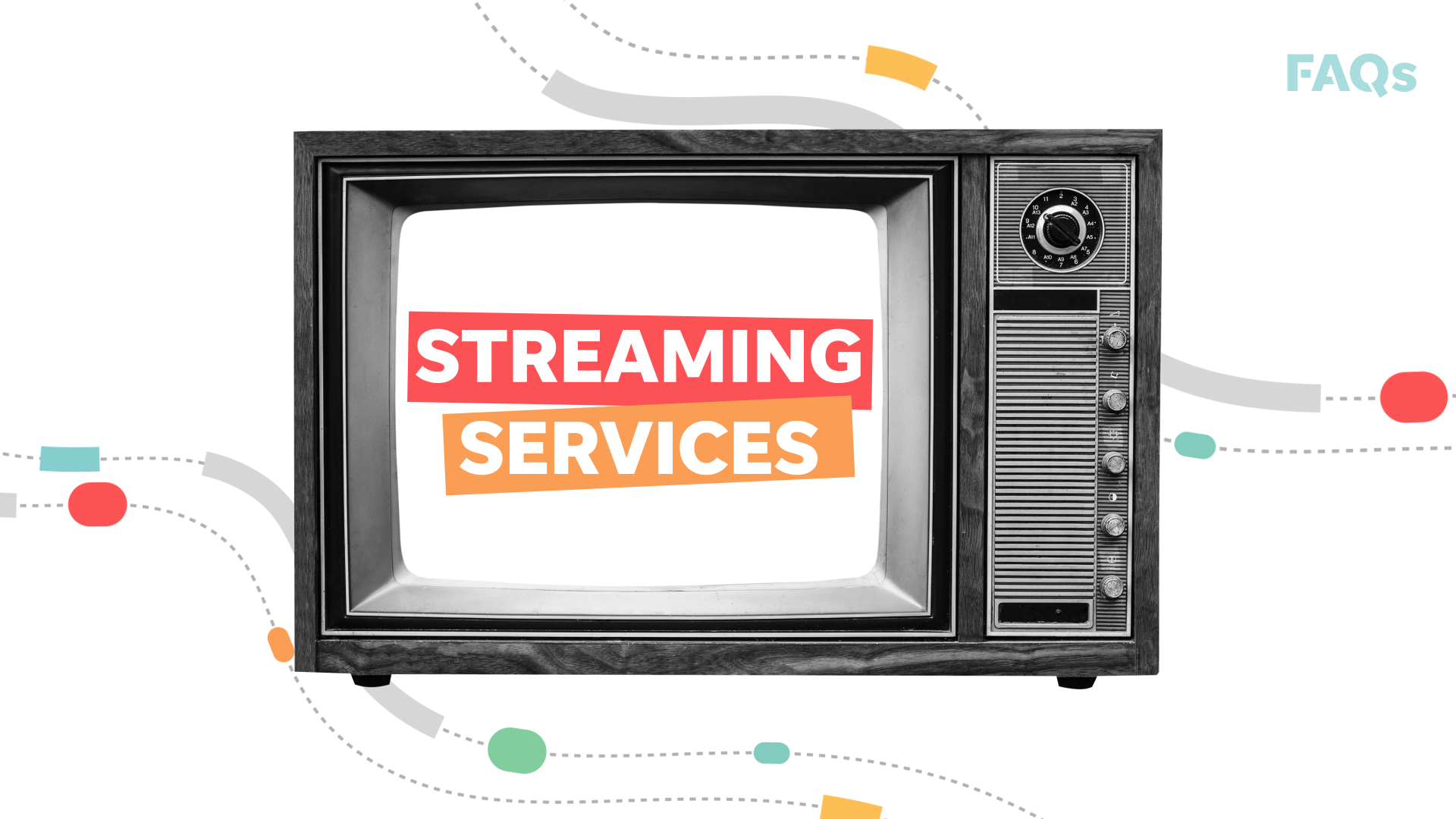Analysis: Is Netflix's competitive advantage over the streaming industry eroding?

Netflix has been at the center of the streaming media revolution. The company led the switch from DVD rentals to the more convenient alternative we are now accustomed to, kicking companies that couldn't keep up to the curb. But it did more than offer a convenient way to watch existing shows and movies – it started creating original content.
This strategy has been one of the factors behind Netflix's success, as its original series have racked up dozens of nominations for prestigious awards. It had 117 nominations for this year's Emmys, more than any of its direct competitors. That being said, with the likes of Apple and Walt Disney about to launch their own streaming services, it may be increasingly harder to attract consumers, either with its original content or by other means.
Ford vehicles soon upgrading to Tesla-level tech: Software updates available via internet
An increasingly competitive landscape

Earlier this year, Disney announced that it would launch its own streaming service, Disney+, in November. Despite being a bit late to this lucrative opportunity, Disney's latest initiative could be a hit for two major reasons. First, the service has a lower price than Netflix. For $6.99 a month, you get access to Disney's content. The company does offer other price specials as well. For those who pay up front for three years of service, pre-ordering a subscription to the platform would save them $40. Netflix's cheapest monthly plan – which doesn't come with HD capabilities but offers a wide selection of content – costs $8.99 per month.
Perhaps more importantly, Disney will offer a plethora of shows and movies from franchises that have built a loyal following over the years. These include many of Marvel's much anticipated spinoffs, such as "Captain America: The Winter Soldier" and others.
Many of Marvel's most successful movies will make the cut, including several of the Avengers films, Captain Marvel, and more. The lineup of blockbusters on Disney+ will also include some movies from the "Star Wars" franchise, as well as many of Disney's own animated movies. Most of these titles hardly need advertising, making Disney+ an attractive option for millions worldwide.
Apple is also dipping its toes in these waters with its own streaming service, Apple TV+, for $4.99 a month. But the company is offering the service free for a year to those who buy some of its devices. With only nine titles at the outset, Apple's streaming service won't offer the type (or volume) of content that will rival Disney+, at least not initially. But the tech company is investing heavily in original projects featuring some well-known Hollywood celebrities. For instance, Apple announced a series called "The Morning Show" that will be available on its streaming platform and will feature stars like Jennifer Aniston and Steve Carell.
Disney: Here's why the company is well positioned to survive the next recession
Netflix shows it can weather the storm
It's important to remember that Netflix has survived competition from the likes of Hulu and others before. Its recently released third-quarter earnings report didn't show any strong warning signs of the company being in trouble. Total paid net additions increased by 12% year over year to 6.8 million subscribers. Although that number was slightly below the company's own guidance, it was the highest it had ever been in any of Netflix's third quarters. The company expects 7.6 million net additions during the fourth quarter. That would represent a 14% decline compared with last year's fourth quarter, but it is nothing to panic about. Netflix also expressed optimism in the face of competition. As the company's letter to shareholders said:
The launch of these new services will be noisy. There may be some modest headwind to our near-term growth, and we have tried to factor that into our guidance. In the long-term, though, we expect we'll continue to grow nicely given the strength of our service and the large market opportunity.
Netflix also noted that streaming video services tend to offer different libraries of content, which distinguishes them from one another. The big loser, in its view, will likely be cable TV, and not the company itself. If this is right, Netflix is far from being dead in the water.
Prosper Junior Bakiny has no position in any of the stocks mentioned. The Motley Fool owns shares of and recommends Apple, Netflix, and Walt Disney. The Motley Fool has the following options: long January 2021 $60 calls on Walt Disney, short October 2019 $125 calls on Walt Disney, short January 2020 $155 calls on Apple, long January 2020 $150 calls on Apple, short January 2020 $155 calls on Apple, and long January 2020 $150 calls on Apple. The Motley Fool has a disclosure policy.
The Motley Fool is a Paste BN content partner offering financial news, analysis and commentary designed to help people take control of their financial lives. Its content is produced independently of Paste BN.
David and Tom just revealed what they believe are the ten best stocks for investors to buy right now... and Netflix wasn't one of them! That's right – they think these 10 stocks are even better buys.
*Stock Advisor returns as of June 1, 2019